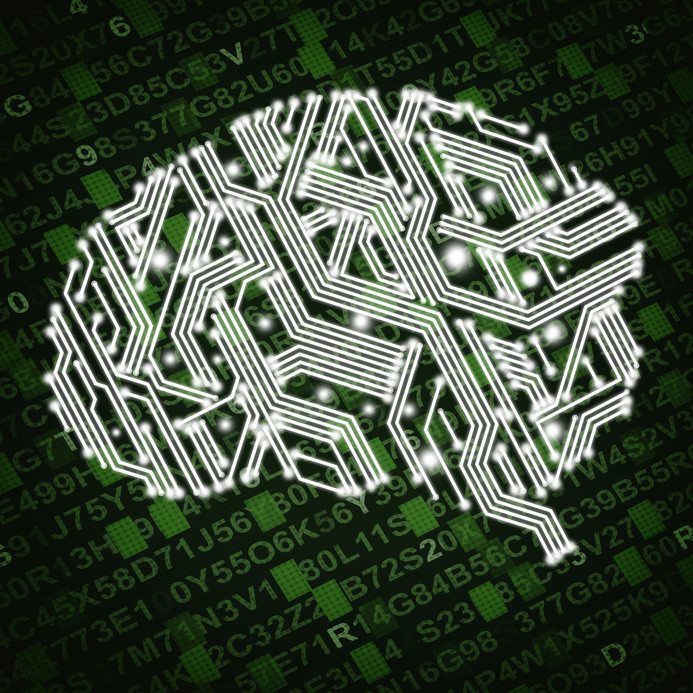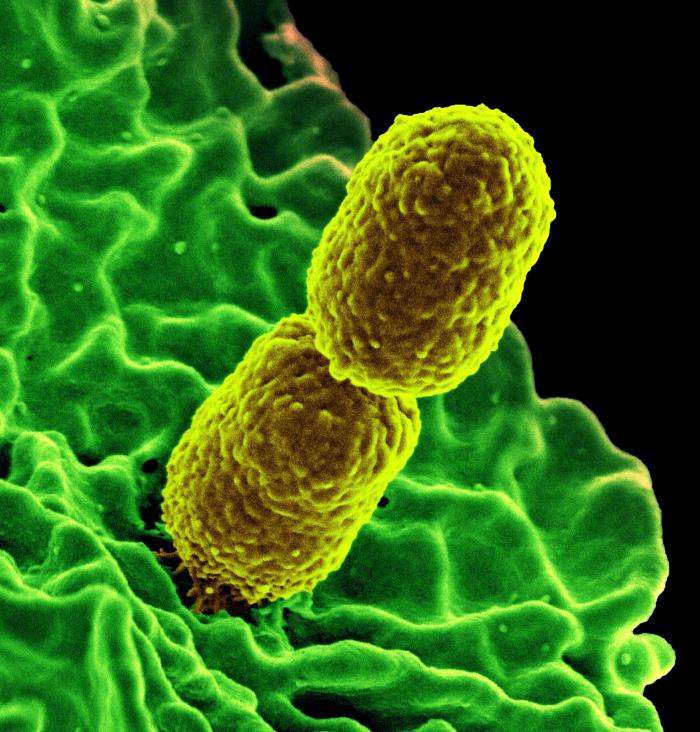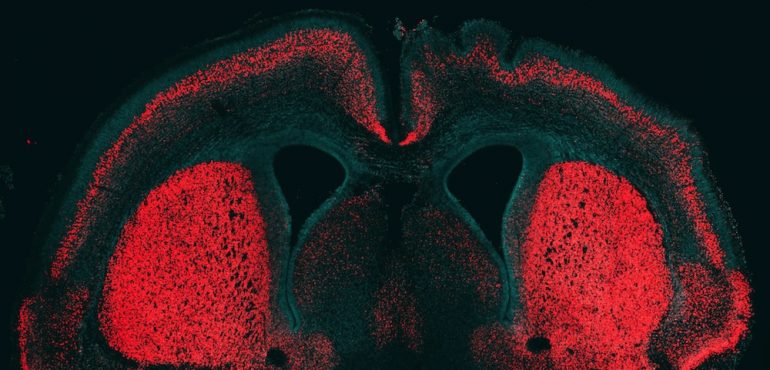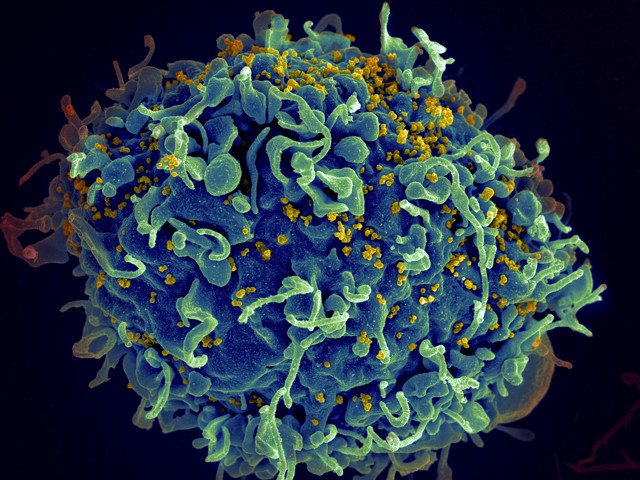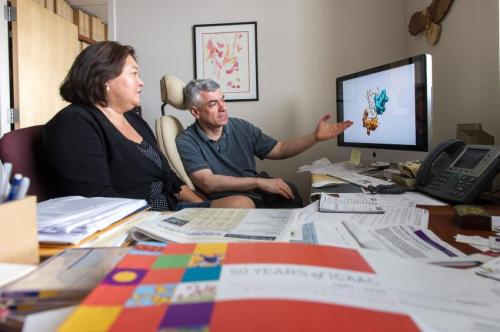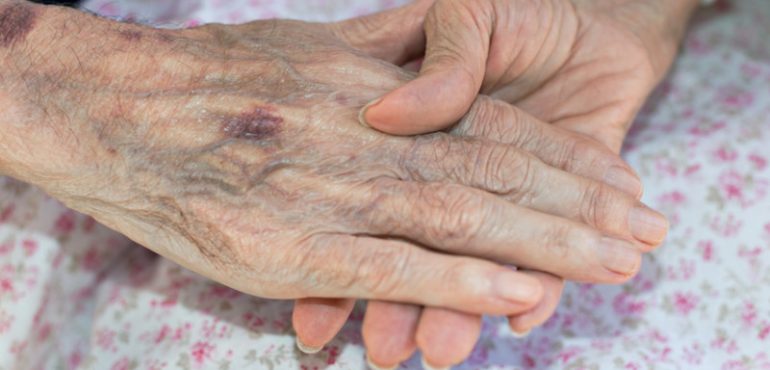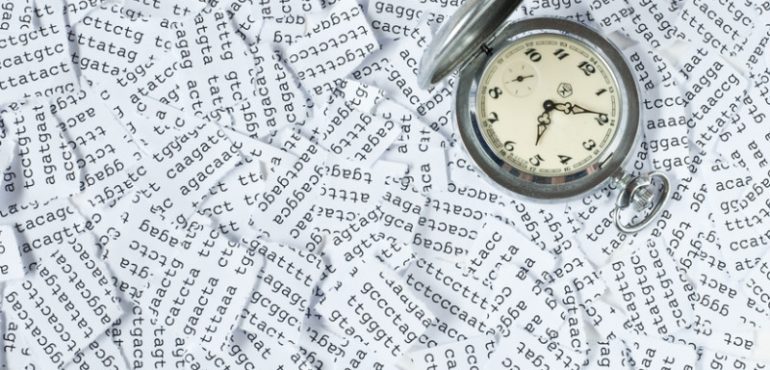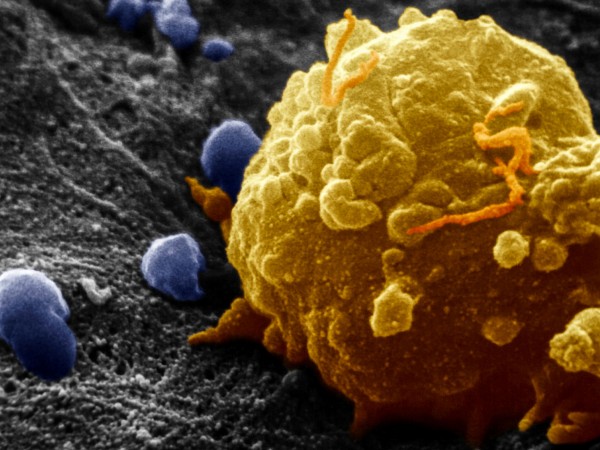Thousands of genetic "dimmer" switches, regions of DNA known as regulatory elements, were turned up high during human evolution in the developing cerebral cortex, according to new research from the Yale School of Medicine. Unlike in rhesus monkeys and mice, these switches show increased activity in humans, where they may drive the expression of genes…
Read more
Mapping ‘switches’ that shaped the evolution of the human brain
